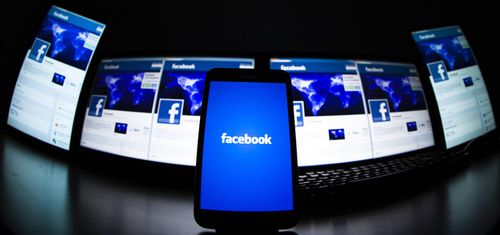Meta CEO Mark Zuckerberg declared the company’s technologies will fundamentally change how humans live and connect globally. He made the statement during a major company presentation outlining future plans. Zuckerberg believes artificial intelligence and immersive virtual worlds represent the next major computing platform. He argued these tools will transform work, education, and social interaction.
(Zuckerberg Says Meta Will Reshape Human Society)
Zuckerberg detailed significant investments in AI development. Meta aims to build general artificial intelligence capable of human-like reasoning. He stressed this AI must be open source and widely available. Zuckerberg sees AI assistants becoming central to daily life. These assistants could help people create content, solve problems, and manage tasks.
The metaverse remains a core part of Meta’s long-term vision. Zuckerberg described a future where people interact through virtual reality and augmented reality. He believes physical distance will become less important. People could collaborate in virtual offices or attend events from home. Zuckerberg admitted building the metaverse requires overcoming major technical hurdles.
Meta is pouring billions into developing the necessary hardware and software. This includes advanced VR headsets and AR glasses. Zuckerberg emphasized the goal is enhancing human connection, not replacing real-world interaction. He acknowledged previous metaverse investments faced criticism for slow returns. Zuckerberg insists the long-term societal impact justifies the cost.
(Zuckerberg Says Meta Will Reshape Human Society)
The company also plans to integrate AI deeply into its existing apps like Facebook and Instagram. Zuckerberg expects AI will personalize content feeds and advertising significantly. He stated Meta will need immense computing power to achieve these goals. The company is building new data centers and designing custom AI chips. Zuckerberg framed this effort as essential for global progress. He positioned Meta as a leader in defining the future of human interaction.

